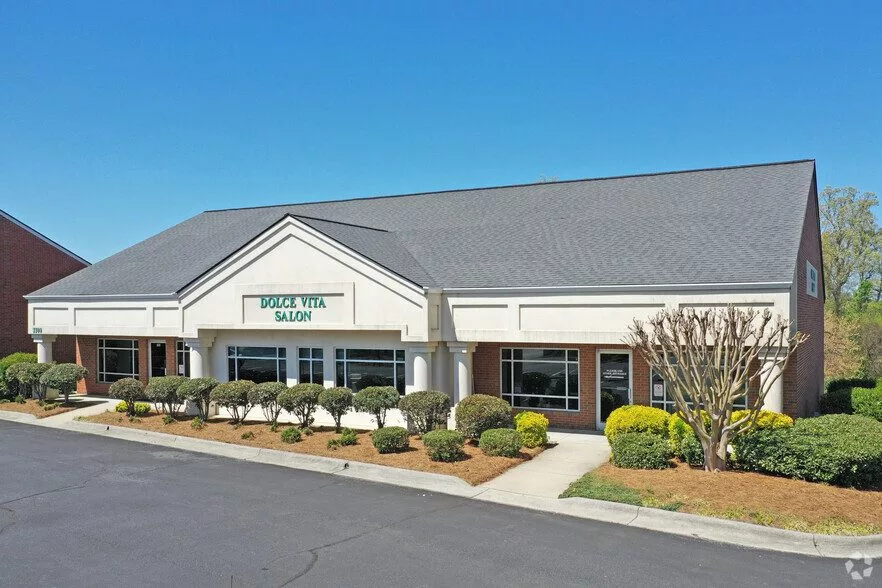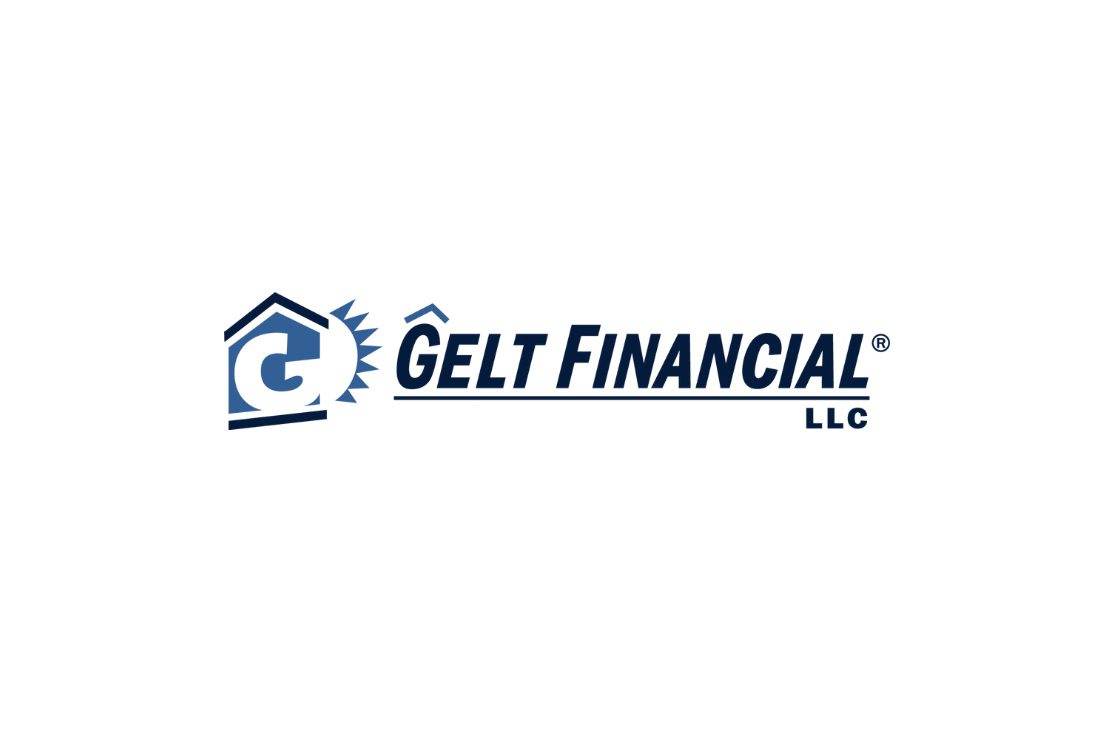Hard money loans Charlotte, North Carolina
Get the best terms of 2024 for a private hard money loan in Charlotte, North Carolina

Charlotte Hard Money Lending Terms (2024 update)
Gelt Financial's lending programs for Charlotte, North Carolina
or call (561) 221-0900 to be connected to a loan officer
Gelt Financial was the best private lender in North Carolina for these properties
Did you find a good real estate investment deal in Charlotte, North Carolina?
Call us today for a quick pre-approval: (561) 221-0900
Hard money loans FAQ
What is a hard money loan?
Short-term financing for quick property acquisition
- What: Hard money loans are short-term loans (often just a few months to a few years) used to quickly purchase investment properties.
- Why: Ideal for when you need to close fast – such as on a foreclosure, auction property, or a deal with a motivated seller – when traditional bank financing is too slow.
Asset-based lending focused on property value
- What: Hard money loans are secured by the property being purchased. Lenders care less about your credit score and more about the property's potential value and your equity stake.
- Why: This allows investors with less-than-perfect credit or who need speed to still acquire properties.
An alternative for "fix and flip" projects
- What: Hard money loans are common for rehab projects where the property isn't in a condition for traditional mortgages.
- Why: The lender focuses on the "after repair value" (ARV) of the property, enabling investors to secure funding based on its future potential.
A more expensive but flexible financing option
- What: Hard money loans come with higher interest rates and fees than traditional mortgages.
- Why: This is due to the increased risk for the lender. It's a trade-off: investors pay more in exchange for speedy access to funds and less stringent approval requirements.
A solution for situations traditional lenders won't touch
- What: Hard money loans can fill in when investors are facing difficulties like poor credit, bankruptcies, or unconventional property types.
- Why: When banks say "no", hard money lenders might be the only option to secure the funding needed to close the deal.
Why would a Charlotte real estate investor pick a hard money loan (asset–based loan) over a conventional loan provided by a bank with lower rates?
Here are several reasons why a real estate investor might choose a hard money loan over a conventional bank loan, even with lower interest rates from the bank:
- Speed of Funding:
- Time-Sensitive Deals: Charlotte's real estate market can be competitive. Properties in foreclosure, at auctions, or with distressed sellers often need to close quickly. Hard money lenders can provide approvals and funding within days, while banks can take weeks or even months.
- Competitive Advantage: This speed gives investors using hard money a significant advantage in securing desirable properties.
- Qualifications: Focused on Asset, Not Borrower
- Less-Than-Perfect Credit: Banks have strict credit score and financial history requirements. Hard money lenders focus primarily on the property's value and the investor's equity, making funding possible even with past credit issues.
- Self-Employed Investors: Proving income can be difficult for self-employed investors, a common profile in real estate investing. Hard money lenders might be more flexible in these cases.
- Flexibility with Property Condition:
- Fix and Flips: Many lucrative deals involve properties needing renovations. Banks often won't finance properties in poor condition. Hard money lenders are willing to lend based on the after-repair value (ARV) of the property.
- Non-Traditional Investment Scenarios:
- Unique Property Types: Hard money lenders are open to properties banks may deem too risky – commercial properties, land, or unconventional structures.
- Short-Term Strategies: "Buy, Rehab, Rent, Refinance" (BRRRR) strategies or wholesale deals rely on quick execution, where traditional loans are too cumbersome.
Key Trade-Off:
Investors choosing hard money loans trade the lower interest rates of a conventional loan for the speed, flexibility, and greater accessibility they need to capitalize on specific opportunities in the Charlotte market.
When Would Hard Money NOT be the Best Choice?
- Long-Term Holds: If an investor plans to hold a property for an extended period, the higher cost of a hard money loan will outweigh its benefits. In these cases, they'd likely refinance into a conventional mortgage after any needed renovations.
What are the interest rates for hard money loans?
Interest rates for hard money loans can vary depending on several factors, including the lender, loan term, borrower's creditworthiness, and the specific property being financed. Some general trends and factors to consider regarding interest rates for hard money loans:
- Market Rates: Interest rates for hard money loans typically range from 8% to 15%, but they can sometimes be higher or lower based on market conditions and lender policies.
- Loan-to-Value (LTV) Ratio: Lenders may offer different interest rates based on the loan-to-value ratio. Lower LTV ratios (i.e., higher equity in the property) might lead to lower interest rates, while higher LTV ratios could result in higher rates.
- Loan Term: Short-term hard money loans often have higher interest rates compared to longer-term loans. For example, a loan with a term of 6-12 months might have a higher rate than a loan with a term of 2-5 years.
- Property Type and Condition: The type and condition of the property being financed can also impact the interest rate. Lenders may offer more competitive rates for properties in good condition and located in desirable areas.
- Borrower's Experience: Experienced real estate investors with a strong track record may qualify for lower interest rates compared to first-time borrowers or those with less experience.
- Lender Policies: Each hard money lender in Charlotte may have its own underwriting criteria and policies, which can influence the interest rates they offer. It's important to shop around and compare rates from multiple lenders to find the best deal.
- Market Trends: Interest rates for hard money loans can be influenced by broader economic trends, such as changes in the Federal Reserve's monetary policy or fluctuations in the real estate market.
What factors affect the interest rate for a hard money loan?
Hard money loan interest rates depend on an interplay of factors. Here's an overview of the most important ones:
- The Asset as Collateral: The property itself is the primary security. Lenders assess its value, location, marketability, and renovation needs. A highly desirable property in a prime location might help lower the interest rate.
- Borrower's Profile: Your experience matters. Lenders consider your track record of flipping or rehabbing properties, your net worth, and your overall financial standing. A strong borrower profile can negotiate better terms.
- Loan Characteristics: The size of the loan, the LTV, and your proposed repayment timeframe (typically short-term) all play a role in determining the risk-adjusted interest rate.
- Market Conditions: Competition among hard money lenders can work to your advantage, potentially driving down rates. Stay aware of the overall economic climate, as it indirectly influences the cost of funds for lenders.
How fast can a hard money loan close?
Hard money loans offer a much-needed alternative when time is of the essence. Here's how the process compares to traditional financing:
- Flexibility vs. Bureaucracy: Hard money lenders focus less on rigid guidelines and more on the overall viability of your deal. This translates to faster underwriting and decision-making.
- Asset-Based Focus: With the property as primary collateral, appraisals happen quickly, often with less formality than conventional mortgage appraisals.
- Collaboration is Key: Work closely with your chosen lender. Their ability to close fast depends on timely communication and clear documentation from you.
Here's a selection of interesting facts about the Charlotte, NC real estate investing market:
Charlotte, NC: A Magnet for Real Estate Investors
Charlotte, North Carolina, has quietly transformed into a thriving real estate market attracting investors from across the nation. With a robust job market, a growing population, and a mix of urban and suburban appeal, Charlotte offers diverse opportunities for those seeking rental income and long-term appreciation.
Why Investors are Eyeing Charlotte
- Economic Powerhouse: As a major banking and financial center, Charlotte boasts a dynamic job market that fuels housing demand. Companies big and small are setting up headquarters or expanding in the area, attracting a steady stream of new residents.
- Population Boom: Charlotte's favorable quality of life, relative affordability, and Southern charm make it a relocation hotspot. This population influx strains housing supply, creating a favorable environment for investors.
- Neighborhood Variety: From the revitalized energy of NoDa to the upscale living of SouthPark and the family-friendly suburbs, Charlotte offers investors a range of areas to match their strategies.
- Room for Appreciation: While prices have been climbing, Charlotte still has room for growth compared to overheated coastal markets. This potential for further appreciation is enticing for long-term investors.
Key Considerations for Investors
- Target Your Niche: Do you want urban condos for young professionals? Suburban rentals for families? Charlotte caters to diverse demographics, so tailoring your investment is critical.
- Up-and-Coming Areas: Don't just focus on established hotspots. Research emerging neighborhoods on the cusp of revitalization for potentially higher returns.
- Competition: Charlotte's growing popularity means you'll likely face competition for desirable properties. Be prepared to act quickly.
- Property Management: If you're not local, a strong property management company can be essential for handling tenant needs and maintaining your investment in top shape.
Resources to Get Started:
- Charlotte Chamber of Commerce: (https://charlottechamber.com/) for economic data and local insights.
- Real Estate News Websites: Search "Charlotte real estate market" for trends and analysis.
- Investor Groups and Forums: Connect with experienced Charlotte investors for insider tips and potential leads.
Charlotte offers a compelling mix of stability and growth potential. With careful research and strategic investment, it can be a rewarding addition to your real estate portfolio.







